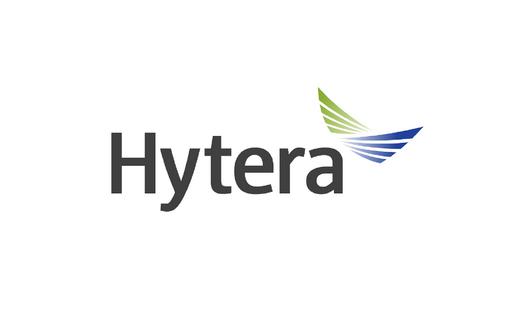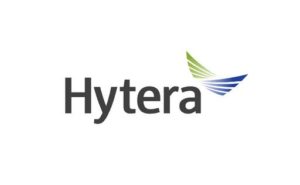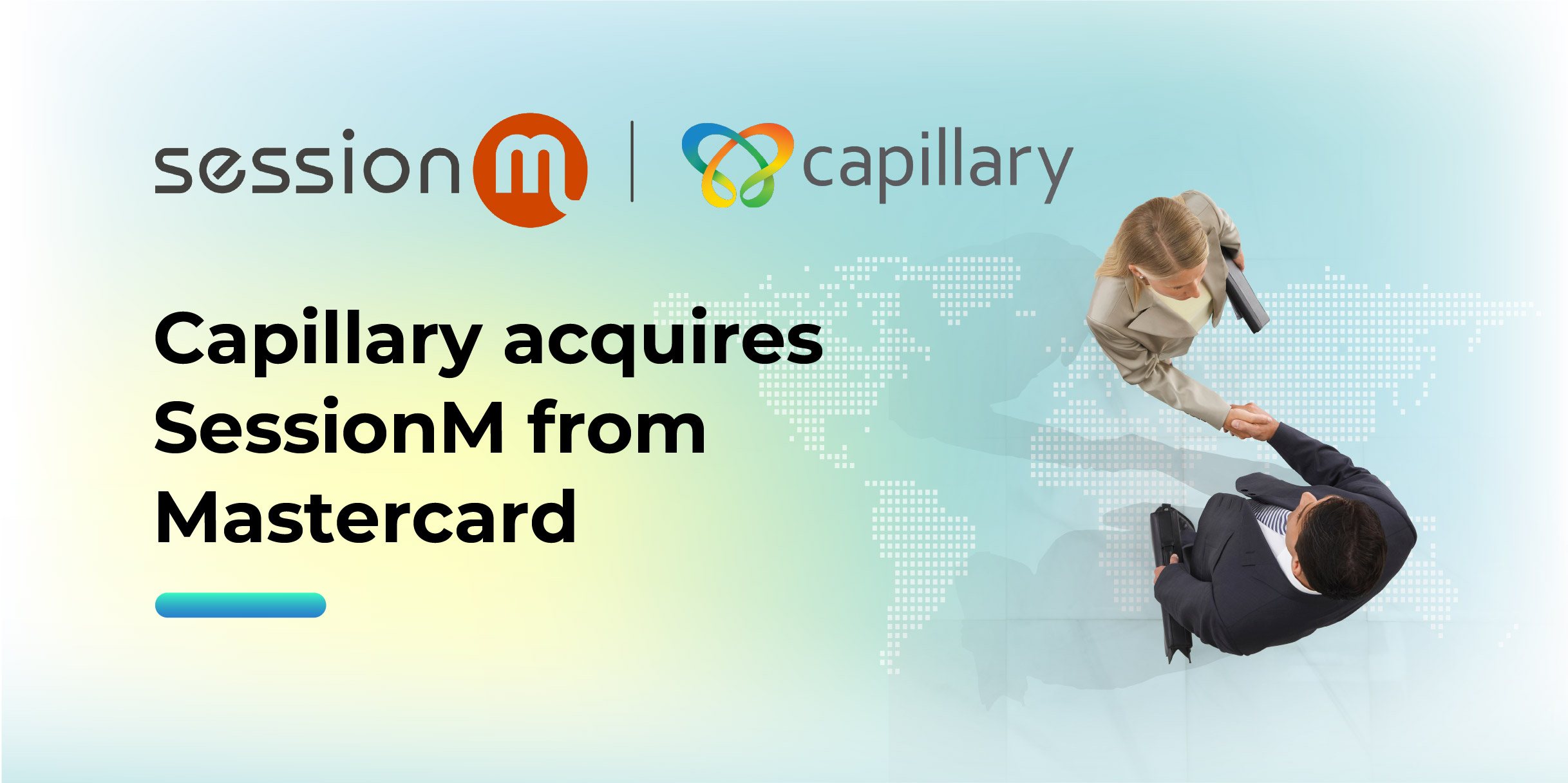Technology
Hytera Communications Completes Sepura Acquisition


By Dipo Olowookere
The acquisition of Sepura Group Plc, a firm in Cambridge, United Kingdom, which is a leading provider in TETRA products and solutions for organizations worldwide, has been completed by Hytera Communications Corporation Limited, the leading global provider of innovative professional mobile radio (PMR) communications solutions.
“The PMR communications industry is seeing rapid evolution, and Hytera leads in incorporating new technologies and attractive features that deliver more effective solutions for our customers,” said Mr Qingzhou Chen, founder, chairman and president of Shenzhen, Guangdong-based Hytera. “Adding the Sepura Group complements our strengths in technological innovation, especially in TETRA, along with adding sophisticated engineering talent and an experienced operating team, and enhances our channel partnerships around the world.”
Sepura is a market leader in 20 countries and has end-customers in more than 100 countries, and has the second-largest market share in public security in Europe. Hytera’s acquisition of Sepura adds approximately 700 professionals and staff to Hytera’s organization.
“Hytera has been investing strategically in Europe,” said Mr Chen. “In 2011, Hytera acquired what is now Hytera Mobilfunk GmbH in Germany, growing it into a significant PMR provider in Europe and one of our most important research centres. By adding Sepura, Hytera now has two more innovation centers, in the United Kingdom and Spain. With enhanced capabilities, we can better serve local markets and help to address increasing security challenges in Europe,” added Mr Chen.
Established in 1993 in Shenzhen, China, Hytera Communications is the world’s fastest-growing PMR solution provider, and the world’s #1 DMR Tier III Trunking provider. Its more than 7,000 employees serve organizations in more than 120 countries, including in government, the public security sector, the utilities, transportation, and oil and gas industries, and a range of other businesses.
In 2016, both Hytera and Sepura provided PMR solutions for event management and public safety at the 2016 Olympic Games in Brazil. Next year, Hytera will provide similar PMR communications solutions for security and event management for the 2018 World Cup in Russia.
“Joining with Hytera gives us access to a broader cross-section of the market, gives our dealers the advantage of a wider range of products and solutions, and provides growth opportunities for our engineers and research and development technicians,” said David Barrass, the interim Chief Executive Officer of Sepura. “With its growing momentum in the PMR space and some very high-profile opportunities, Hytera is executing a clear strategy as it expands globally. It’s a terrific opportunity.”
Last year, Hytera reported year-over-year growth of 39%. In 2016, Hytera’s overall sales of terminals were up 52%, and its overall sales of infrastructure increased 86%.
The announcement of the Sepura deal’s closing comes in the wake of Hytera’s highly anticipated debut at Critical Communications World 2017 in Hong Kong of its new LTE-PMR Convergence Solution, which comprises cutting-edge Multi-mode Advanced Radio terminals, narrowband-broadband infrastructure, and management software. Hytera’s LTE-PMR Convergence Solution incorporates feature-rich broadband technologies while ensuring that critically important voice services remain reliably accessible using narrowband technologies such as TETRA, DMR, and PDT.
Hytera Chairman Qingzhou Chen will visit Sepura’s offices in the U.K. and Spain in June to deepen relationships with key management and to meet personnel. “Hytera has tremendous momentum in the marketplace,” he notes. “Last year, we became the second-largest PMR communications provider in the world, and we believe there remain excellent prospects for growth in key markets.”
Technology
Truecaller, AnyMind Group to Expand Direct Sales Footprint

By Modupe Gbadeyanka
The leading global communications platform, Truecaller, now has a strategic direct sales reseller partnership with AnyMind Group, a Business-Process-as-a-Service company for marketing, e-commerce and digital transformation.
Under this partnership, AnyMind Group will serve as the exclusive intermediary for Truecaller’s advertising inventory across Egypt, UAE, Qatar, Saudi Arabia, Israel, Ghana, Nigeria, Morocco, Malaysia, Singapore and Vietnam.
The scope of the partnership is focused specifically on enabling brands and agencies to leverage Truecaller’s premium ad formats to reach highly engaged, high-intent users through relevant, data-driven advertising solutions.
Through this collaboration, Truecaller will accelerate its direct advertising business across the Middle East & North Africa (MENA) and Southeast Asia (SEA) regions.
With a strong on-ground presence and established relationships with leading advertisers and agencies across MENA and SEA markets, AnyMind Group brings deep regional expertise that will support the scaling of Truecaller’s advertising footprint locally.
The partnership is designed to empower brands with impactful placements on Truecaller’s trusted communications platform, helping drive meaningful engagement with users in these fast-growing digital economies.
“As Truecaller continues to expand its global advertising business, partnerships with strong regional players like AnyMind Group are critical to delivering localised expertise and measurable outcomes for advertisers.
“MENA and Southeast Asia represent high-growth markets with evolving digital maturity, and through this collaboration, we aim to bring brands closer to consumers via trusted and contextual communication experiences on our platform,” the Vice President and Global Head for Truecaller Ads Business, Hemant Arora, said.
Also, the Managing Director for Growth Markets at AnyMind Group, Aditya Aima, said, “We are excited to partner with Truecaller to open its inventory to brands across MENA and Southeast Asia. With Truecaller’s scale and trusted user ecosystem, combined with our market depth and networks, we see strong potential to drive more relevant, high-impact advertising outcomes for advertisers looking to deepen engagement in these dynamic markets.”
Technology
Capillary Technologies Acquires SessionM from Mastercard

By Modupe Gbadeyanka
A software product company established in 2012, Capillary Technologies India Limited, has acquired the customer engagement and loyalty company, SessionM, from Mastercard.
This followed a definitive agreement signed by the global leader in AI-powered customer loyalty and engagement solutions with the renowned digital payments firm.
The acquisition of SessionM is the latest in a series of strategic moves by Capillary, following its successful listing on the Indian Stock Exchange in November 2025.
With SessionM in its portfolio, Capillary reinforces its position as a global leader in enterprise loyalty, offering a leading platform to the world’s most sophisticated enterprise brands.
Mastercard has identified Capillary Technologies—consistently recognised as a Leader in The Forrester Wave as the ideal partner to lead SessionM into its next era of growth.
As part of the agreement, a specialised team within SessionM will transition to Capillary, ensuring that the platform’s deep technical expertise is preserved.
SessionM’s esteemed global customer base—which includes Fortune 500 retailers, airlines, and CPG brands—will continue to receive the same high-calibre support and service they experienced before the acquisition.
“M&A has been a key growth strategy for Capillary over the years, and as a public company, we are delivering on that promise to our shareholders and the market.
“By bringing SessionM into our portfolio, we are not just expanding our footprint across the globe; we are further strengthening our loyalty capabilities to deliver one of the industry’s most comprehensive offerings.
“Our mission remains to provide enterprises across industries with specialised, AI-native loyalty technology solutions,” the chief executive of Capillary Technologies, Aneesh Reddy, commented.
Technology
Emergent Ventures, Others Invest $2.2m in Potpie

By Dipo Olowookere
About $2.2 million pre-seed round to help engineering teams unify context across their entire stack and make AI agents genuinely useful in complex software environments has been announced by Potpie.
Potpie was established by Aditi Kothari and Dhiren Mathur, who were determined to unify context across the entire engineering stack and enabling spec driven development.
As generative AI adoption accelerates, most tools focus on surface-level code generation while ignoring the deeper problem of context.
Large language models are powerful, but without access to system-level understanding, tooling history, and architectural intent, they struggle in real production environments.
Traditional approaches rely on senior engineers to manually hold this context together, a model that breaks down at scale and fails when AI agents are introduced.
The platform enables teams to automate high-impact and non-trivial use cases across the software development lifecycle, like debugging cross-service failures, maintaining and writing end-to-end tests, blast radius detection and system design.
It is designed for enterprise companies with large and complex codebases, starting at around one million lines of code and scaling to hundreds of millions.
Rather than acting as another coding assistant, Potpie builds a graphical representation of software systems, infers behaviour and patterns across modules, and creates structured artefacts that allow agents to operate consistently and safely.
A statement made available to Business Post on Monday revealed that the funding support came from Emergent Ventures, All In Capital, DeVC and Point One Capital.
The capital will be used to support early enterprise deployments, expand the engineering team, and continue building Potpie’s core context and agent infrastructure, it was disclosed.
“As AI makes code generation easier, the real challenge shifts to reasoning across massive, interconnected systems. Potpie is our answer to that shift, an ontology-first layer that helps enterprises truly understand and manage their software,” Kothari was quoted as saying in the disclosure.
A Managing Partner at Emergent Ventures, Anupam Rastogi, said, “In large enterprises, the real challenge is not generating code, it is understanding the system deeply enough to change it safely.
“Potpie’s ontology-first architecture, combined with rigorous context curation and spec-driven development, creates a structured model of the entire engineering ecosystem. This allows AI agents to reason across services, dependencies, tickets, and production signals with the clarity of a senior engineer. That is what makes Potpie uniquely capable of solving complex RCA, impact analysis, and high-risk feature work even in codebases exceeding 50 million lines.”
-

 Feature/OPED6 years ago
Feature/OPED6 years agoDavos was Different this year
-
Travel/Tourism10 years ago
Lagos Seals Western Lodge Hotel In Ikorodu
-

 Showbiz3 years ago
Showbiz3 years agoEstranged Lover Releases Videos of Empress Njamah Bathing
-

 Banking8 years ago
Banking8 years agoSort Codes of GTBank Branches in Nigeria
-

 Economy3 years ago
Economy3 years agoSubsidy Removal: CNG at N130 Per Litre Cheaper Than Petrol—IPMAN
-

 Banking3 years ago
Banking3 years agoSort Codes of UBA Branches in Nigeria
-

 Banking3 years ago
Banking3 years agoFirst Bank Announces Planned Downtime
-

 Sports3 years ago
Sports3 years agoHighest Paid Nigerian Footballer – How Much Do Nigerian Footballers Earn












